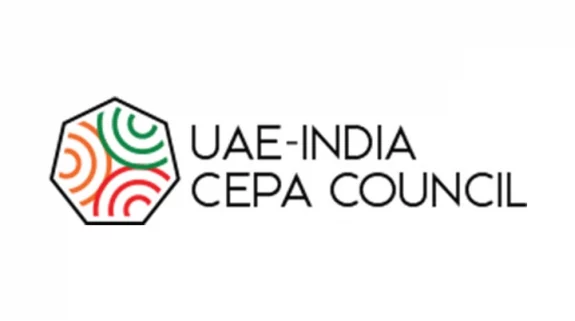Indian scientists have developed a portable sterilization unit using a new technology called the hybrid sterilization system that can decontaminate personal protective equipment (PPE) necessary for combating Covid-19 easily and rapidly allowing them to be used multiple times.
It can be used by health professionals and other Covid warriors for whom PPE are essential and can prevent generation of hazardous solid waste from PPE.
IIT Tirupati (IITT) and Indian Institute of Science Education and Research (IISER) Tirupati have jointly developed the Portable Optical Cavity Sterilization Unit (POSCU) to provide efficient and rapid decontamination of PPE and other household items. A working point-of-use sterilization unit has been developed with the support of the Science and Engineering Research Board (SERB), a statutory body under the Department of Science & Technology (DST).
UV radiation is a proven method for sterilization. However, the lower penetration depth of UV-C and faster divergence from the source can result in non-uniform treatment. The team—comprising Dr. Reetesh Kumar Gangwar (Asst. Prof., Physics), Dr. Arijit Sharma (Asst. Prof., Physics), and Dr. Shihabudheen M. Maliyekkal (Asst. Prof., Civil & Environmental Engineering) from IITT—have developed this hybrid sterilization system consisting of a UV radiation cavity, cold plasma, and H2O2 spray.
Unlike the traditional UV systems, this unit follows the optical cavity concept to optimize the use of photon flux in the treatment area. The system confines the UV radiation and enhances photon-flux and sterilization efficacy. The coherent operation of UV-C, cold plasma, and H2O2 spray further strengthens the sterilization efficiency due to more hydroxyl radical production.
Dr. Vasudharani Devanathan from IISER Tirupati will assist the IITT team in evaluating the sterilizing efficiency of the portable unit. Dr. R. Jyaprada (MD Microbiology), SVIMS hospital, Tirupati, will also test the system's effectiveness in the SVIMS microbiology laboratory.
The team are currently optimizing the design parameters, including UV dose, plasma, and H2O2 concentration, to get the optimum sterilization performance in short contact time of less than 2 min. Due to the non-thermal nature of the treatment, the proposed unit shall also find application in the sterilization of other items such as packed and unpacked food, currency, and other household items..



















